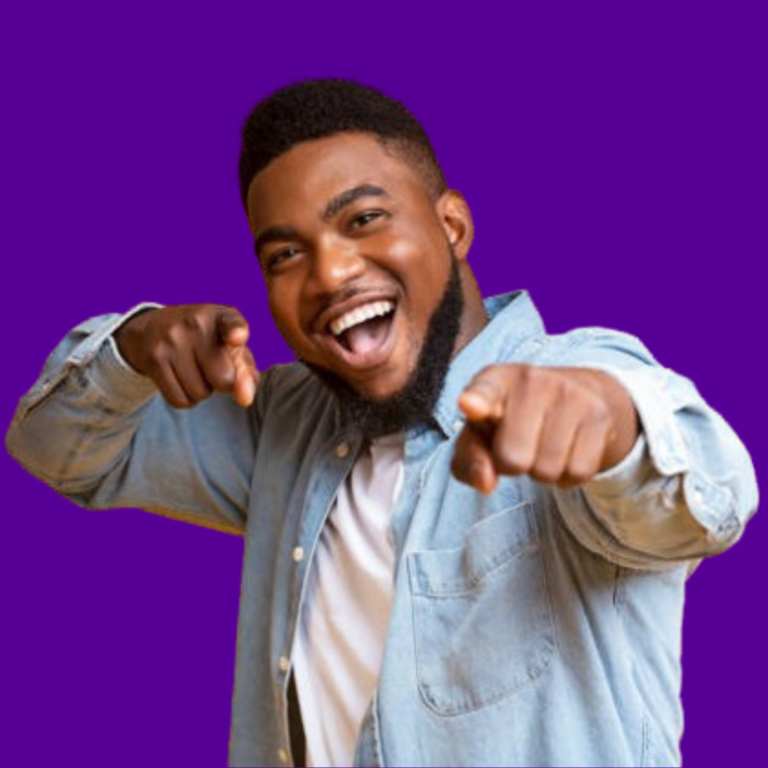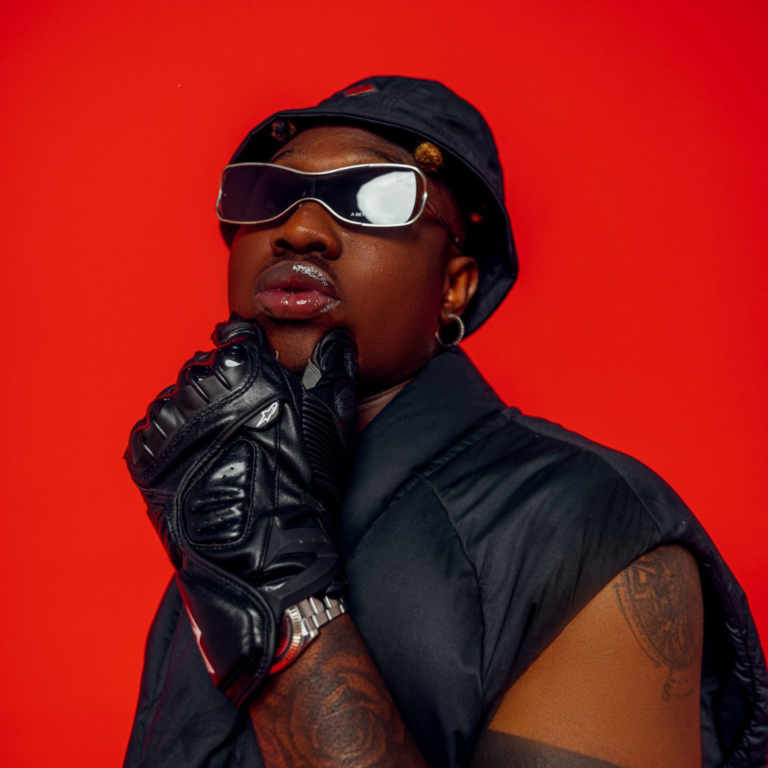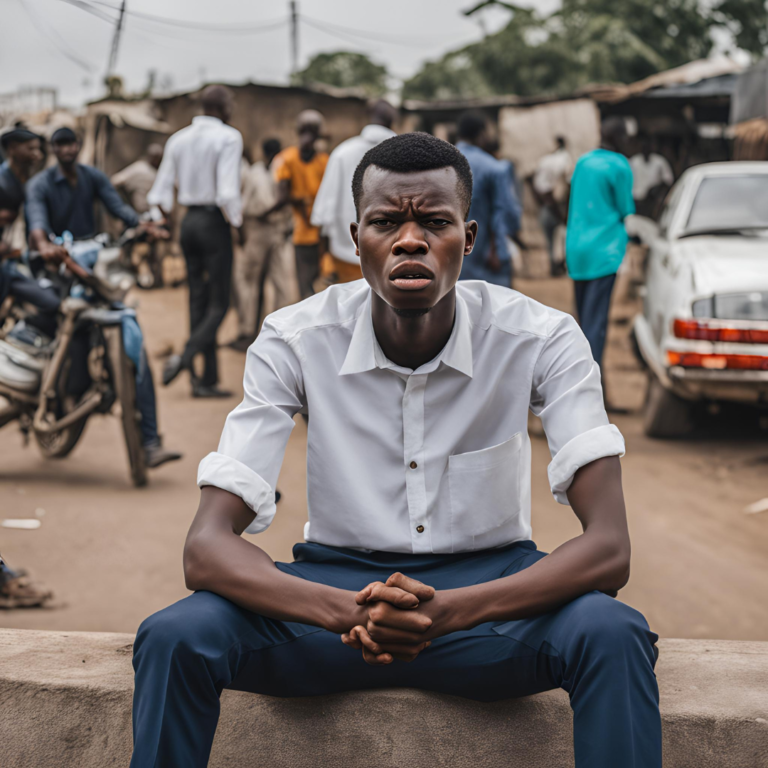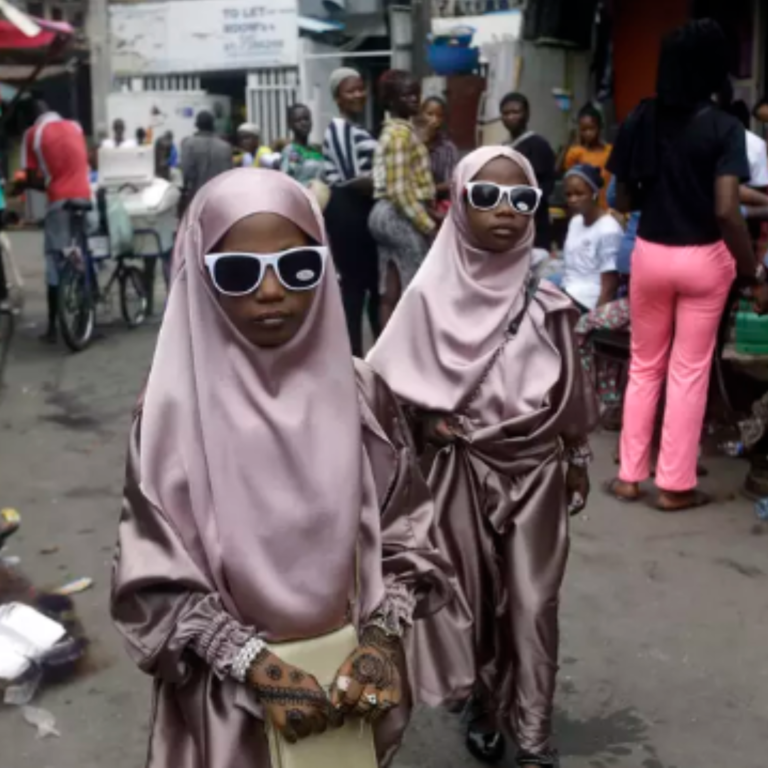Zoro’s 042 music video was playing on Soundcity. I watched him rap across Coal City, recreating rapper gestures to match his rhymes. It wasn’t the most captivating music video, but I admired his swag. It was 2014, and I was an SS3 student trying to rap and look fly like Zoro appeared back then.
Zoro’s entry into the popular Nigerian music scene was promising. Not only did I find his music accessible, but I also believed he was primed to be South East’s next rap superstar after N.I.G.G.A. Raw, ILLBliss, Phyno. He dropped a series of notable singles, like Ogene featuring Flavour (2016), and received a Next Rated nomination at the 2018 Headies Awards. A debut album seemed the natural progression. But we got more singles instead.
I talked to Zoro, born Owoh Chimaobi Chrismathner, about getting into music as a teenager, his admiration for local culture and all the hard lessons his experience in the music industry has taught him.
First, I have to ask. Why “Zoro”?
Around 2007, I rapped for vibes and went by Zoro Machine Gun Perenre. I got Zoro from the popular “Zorro” movie franchise. The “Machine Gun” part was me just being quirky. I wasn’t sure music would be a full-blown thing for me, but my friends encouraged me to write more rhymes.
When did it become a full-blown thing for you?
The first time I recorded a rap. I went from Onitsha to Enugu to record two verses, one in Igbo, the other in English. My friends liked both, but particularly the Igbo version.
Three months later, the late DJ Real, the engineer who recorded that studio session, told me he played the song for Wizboyy, and the man wanted to work with me. His song was supposed to feature N.I.G.G.A. Raw, but he wasn’t around, and Wizboyy needed to submit it to his management ASAP. I wasted no time and travelled to Enugu to record a feature on Owu Sa Gi off his 2008 “New Face of My Story” album.
I was 16 years old, and that was my second time in a recording studio. It’s a special moment I look back on whenever I second guess whether I’m in the right profession.
What was it like in the studio with Wizboyy?
I was nervous, but he acknowledged my recording was nice and kept it moving. He already had hits like Screensaver, but our jam did better and sealed his street credibility. After that, I became his backup artist and hype man.
Owu Sa Gi gave me a soft landing in the music industry. Without it, it’d have been more challenging.
How soft?
Well, I moved to Lagos in 2014 to live with Wizboyy and get closer to the music industry. Then a guy signed me on a five-year record deal, and I moved in with him. My focus shifted from balancing music with everything from marketing to content creation to fully recording music. He and the rest of the team handled the business side.
My name and music entered the mainstream through cosigns from Flavour and Phyno. That would’ve been the best time to make a debut album. But I parted ways with the label after a year and went back to dropping songs on my own.
What happened?
Some people wanted to invest in my music, but the founder/CEO who signed me didn’t like the deal. I didn’t present us as a team to the investors. Later, I realised I should’ve made it clear I was already signed. But I was young, impatient and carried away by the sway of the investors.
The problem I had with the label guy was he never shared his plans with me. I couldn’t sign with the investors because the label’s lawyers were after me. For the next three years, I fought the situation with the Holy Spirit, fasting and prayers, while my manager handled all future contracts. The whole thing gave me anxiety and PTSD.
What did you do after?
I dropped Ogene featuring Flavour (2016), and it became my first big song. Then I contacted the former label to see if we could take it from where we left off, but that conversation didn’t go far. He wanted a cut of my royalties for the rest of my career. I got the vibe that working with him again would be stressful, so I let it go.
Did you consider making an album after the success of “Ogene”?
No. I focused on putting out more singles to keep up the momentum. The second time I tried to make an album was in 2019, but I had another blocker. I started smoking, and it affected my vocals. When it was time to record, I had to do multiple takes. I went to an ENT (Ears, Nose & Throat) hospital, but the doctor said nothing was wrong. I went to see another health professional and paid for treatment but didn’t get better.
Ahh. What did you do in the end?
I had to be patient with my voice. I’d take a verse a couple of times, and if it wasn’t giving me what I wanted, I left it and did something else.
I’m curious how you became a smoker
One of my friends always wanted me to smoke with him, but I declined until one day in 2018. I had a flight to catch and needed to quickly figure out the intro for Stainless before heading to the airport. Nothing hit. The friend was there, and he persuaded me to smoke first. I took two puffs and recorded the thing sharply. It became a thing I did whenever I wanted to record.
But now, it’s a once-in-a-while recreational thing.
When were you able to get back on track?
By 2022, it hit me that I still didn’t have an album. I looked back at all my years in the game. No body of work, just singles.
I had to make an album, and it had to be something different. Most of my early songs are up-tempo and fast-paced. I decided to make calmer songs to show another part of myself, and the producers were in sync. Features from Mayorkun, Chike and Mohbad came easily, so it took two months to get the album ready.
My first album, Sound Check, dropped in 2023, 17 years after I entered the music scene. But I’m proud I could finally pull it off.
Then you dropped an EP right after
A few weeks after the album came out in 2023, someone heard Medicine After Death, which featured Mohbad, and commented that it was the last time we’d hear Mohbad. It was a sad and painful comment that hit me hard. So I announced a challenge to get music producers to drop their remixes. We compiled the best entries into an EP and released it in December.
A new listener may find the title intriguing, but it’s a love song. I wrote and recorded the hook first but didn’t like how it sounded, so I sent it to Mohbad. We’d been talking about creating together for a while. He liked it, and we recorded the song the same way I wrote it.
What’s happening in Ibadan? You’ve shot a lot of content there recently
Ibadan is one of the most respected cities in the Southwest. But I hadn’t been there before. I visited to connect with its people and get familiar with the city. And I realised I could be myself there the same way I’d be in the East. I was able to make content for a song called Gangan, a fusion of talking drum beats and amapiano. It’s coming soon.
You have an open closeness with fellow artists — Falz, Mayorkun — that’s rare among Nigerian musicians
I pay attention to personality. It’s easier to connect with genuine people that way. Getting close to Mayorkun took a while. He’s the type to take his time, but once he connects with you, he’s your guy 100%. I like Falz because he tries to be on the side of what’s right. Ephemerals like money and clout don’t have a hold on him. That’s a great thing.
When should we expect the next album?
My sophomore album is ready. I have three projects coming out this year: Pressure, Black Pink and Six Pack.
After that, I want to work on something more detailed and personal: a story about my origin and journey. I want to channel the same energy into my stagecraft. I want it to be as great as my songs, powerfully capturing their essence. I also plan to explore my fashion side with some merch in the works.
Which artists are you feeling right now?
Ratty, Kolaboy, Laxxy, Hugo P, Ugoccie, Paragon Qtm, BeePee and Bkay! I like Jeriq too. He makes himself available for meaningful collaborations and is always on the move. I respect that.
These guys have enjoyable flow and delivery. These are qualities those on the come-up can emulate. Not every listener understands your language, but they’ll connect to it based on how you present it. You have to be intentional.




